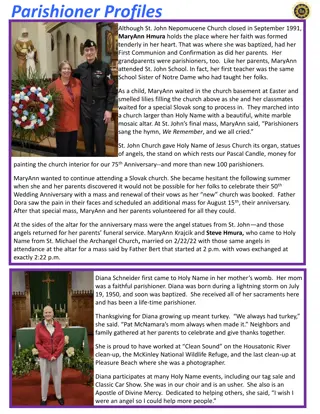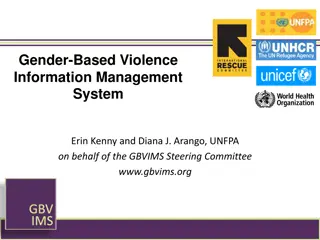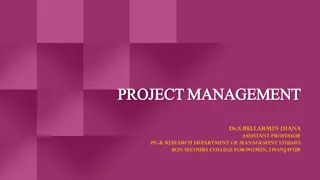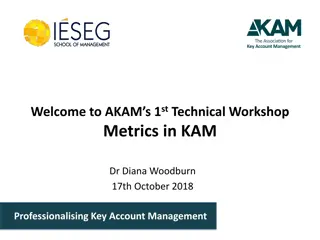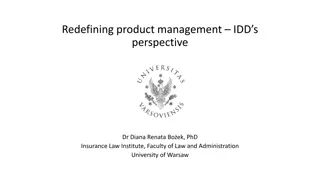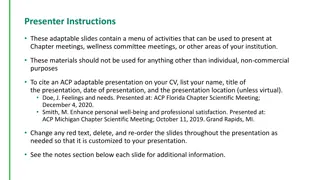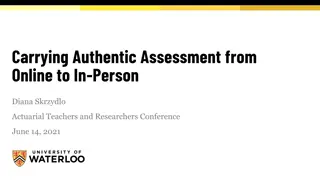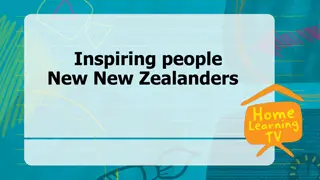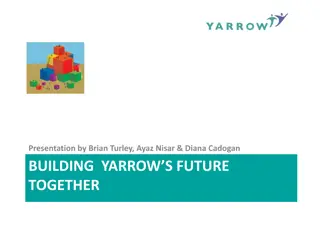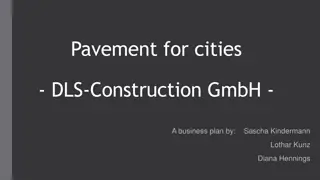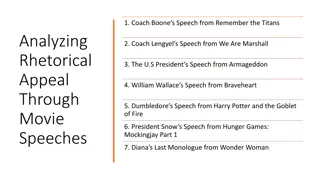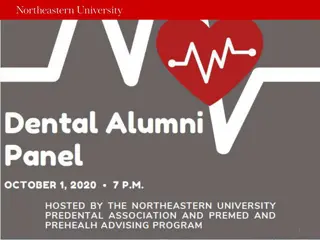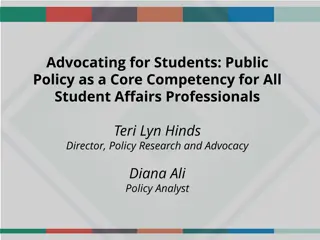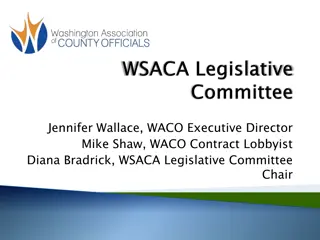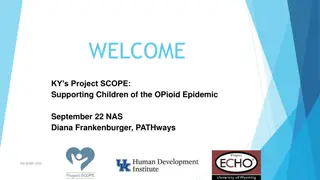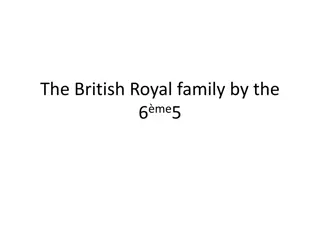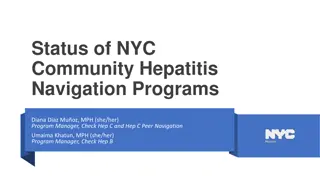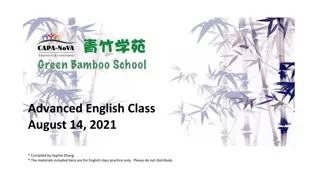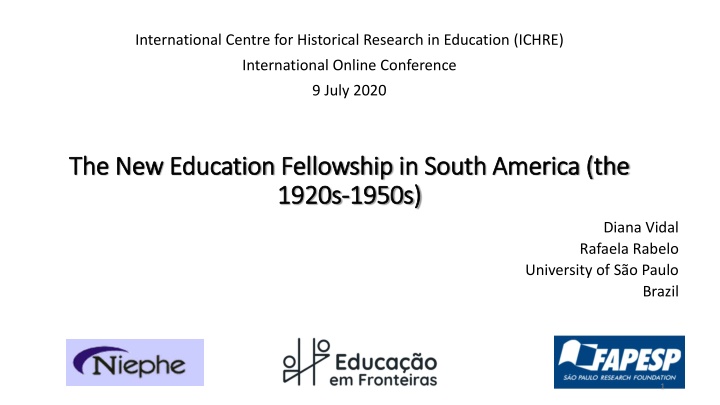
Exploring the New Education Fellowship in South America: Historical Research and Exchanges
Delve into the historical research and educational exchanges of the New Education Fellowship in South America from the 1920s to the 1950s. Discover the phases of connections with Francophobic branches, the role of Adolphe Ferrière and the Progressive Education Association, and the impact on South American educators. Explore ongoing projects and transnational histories shaping education in Brazil and beyond.
Download Presentation

Please find below an Image/Link to download the presentation.
The content on the website is provided AS IS for your information and personal use only. It may not be sold, licensed, or shared on other websites without obtaining consent from the author. If you encounter any issues during the download, it is possible that the publisher has removed the file from their server.
You are allowed to download the files provided on this website for personal or commercial use, subject to the condition that they are used lawfully. All files are the property of their respective owners.
The content on the website is provided AS IS for your information and personal use only. It may not be sold, licensed, or shared on other websites without obtaining consent from the author.
E N D
Presentation Transcript
International Centre for Historical Research in Education (ICHRE) International Online Conference 9 July 2020 The New The New Education Education Fellowship Fellowship in South 1920s 1920s- -1950s) 1950s) in South America America ( (the the Diana Vidal Rafaela Rabelo University of S o Paulo Brazil 1
Projects Projects Book: New Education International Movement. Vidal & Rabelo (ed.), 2020) Project coordinated by Diana Vidal (2015-2017): Transnational education: (Dis) connexions Between Brazil and the New Education Fellowship (1920-1948). Post-doctorate by Rafaela Rabelo (2016-2019): Scrutinizing the role of the Progressive Education Association in the circulation of the New Education Fellowship in Brazil (1920-1940). Ongoing Project coordinated by Vidal (2019 -...): Knowledges and practices in frontiers: toward a transnational History of Education (1810-...). 2
Phases of the exchanges between the NEF and South Phases of the exchanges between the NEF and South American educators American educators 1. The 1920s and early 1930s: Characterized by connections with Francophobic branches (Switzerland, Belgium, and France). Adolphe Ferri re plays the role of liaison. The late 1930s and 1940s: the Progressive Education Association (PEA), the NEF s section in the USA, starts intermediating the connections. The 1950s and onwards: both the NEF and PEA go through changes that affect the dynamic of exchanges with South America, although the USA keeps the role of mediator. 2. 3. 3
Phase Phase 1. The 1920s and 1. The 1920s and early early 1930s: 1930s: Francophonic Francophonic connections connections First groups or sections: Argentine (1928) Colombia (1929) Peru (1930) Ecuador (1930) Paraguay (1930) Uruguay (1931) Bolivia (1932) Chile (1932) Adolphe Ferri re s trip to South America in 1929-1930: A failed attempt to land in Brazil Adolphe Ferri re (1879 1960) Founder of the magazine Pour l Ere Nouvelle 4
The USA as The USA as mediator mediator Phase 2: the Progressive Education Association (NEF s section since 1932) Phase 3: PEA s extinction (1955), descentralization Washburne s trip to South America: Apr.-Sept. 1942 Colombia Ecuador Chile Paraguay Brazil New Education Fellowship (Sections) Trip commissioned by the Division of Cultural Relations, U.S. Department of State Washburn was PEA s president (1939-1943) Carleton W. Washburne (1889 1968) 5

